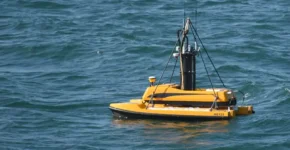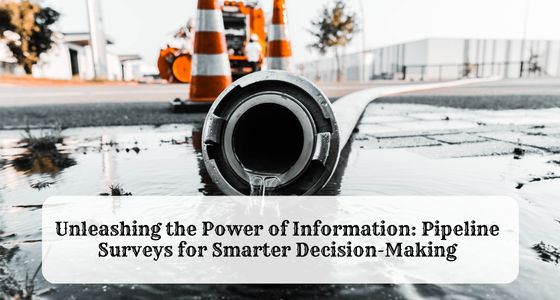



Imagine a world where infrastructure projects are built with laser-sharp precision, risks are minimized, and resources are optimized. This isn’t a futuristic dream, but the reality made possible by pipeline surveys. These meticulous assessments go beyond just mapping the route; they unlock a wealth of information, empowering smarter decision-making across diverse industries.
Delving Deeper: What are Pipeline Surveys?
Think of a pipeline survey as an intricate MRI for the earth’s hidden veins. It utilizes a range of technologies to gather detailed data on the proposed pipeline route, encompassing:
Existing infrastructure: Locating underground utilities, pipelines, and other structures helps avoid costly and disruptive accidents.
Unleashing the Power of Information: Pipeline Surveys for Smarter Decision-Making
A Toolbox of Technologies: Unveiling the Invisible
Just like a detective uses diverse tools, pipeline surveys employ a range of technologies:
Charting a Clear Course: Benefits for Diverse Industries
Pipeline surveys empower informed decision-making across numerous sectors:
Beyond the Data: The Human Touch
While technology plays a crucial role, skilled human analysts are essential. They interpret data, identify trends, and communicate insights in a way that informs decision-making at all levels. Collaboration between engineers, geologists, environmental scientists, and social scientists ensures a holistic and responsible approach.
The Future of Pipeline Surveys: Embracing Innovation
The future of pipeline surveys is bright, with advancements in technology offering even more powerful insights:
Investing in the Future: The Value of Pipeline Surveys
Pipeline surveys might seem like an additional expense, but their benefits outweigh the costs:
Choosing the Right Partner: Navigating the Survey Landscape
With numerous companies offering pipeline survey services, choosing the right partner is crucial. Consider these factors:
Unleashing the Potential: A Brighter Future with Informed Decisions
By harnessing the power of information through pipeline surveys, we can build smarter infrastructure, optimize resources, and protect our environment. This commitment to informed decision-making paves the way for a more sustainable and prosperous future.